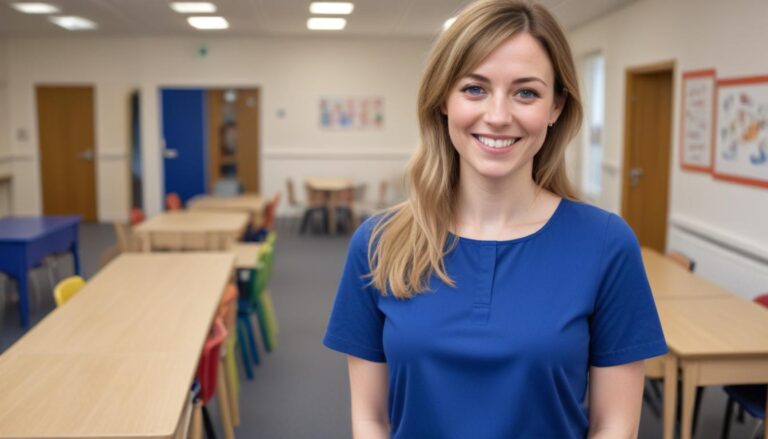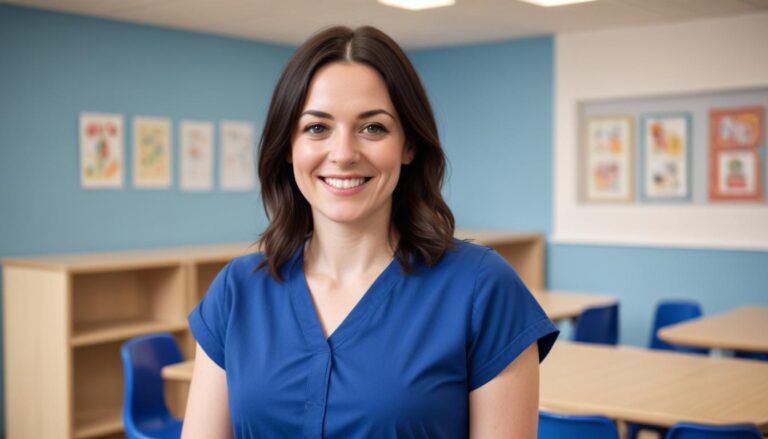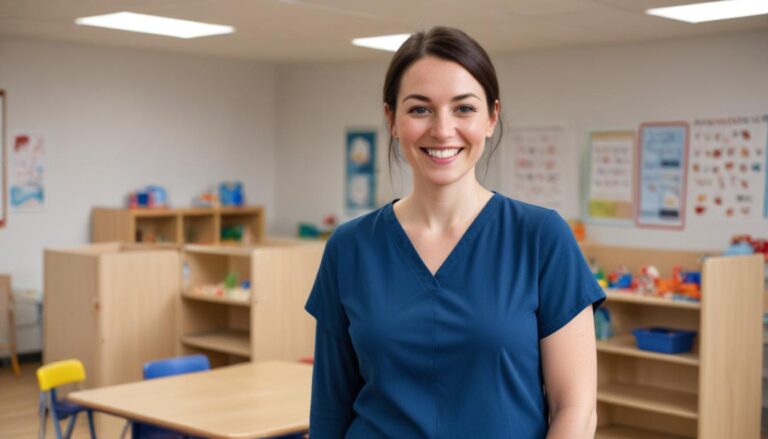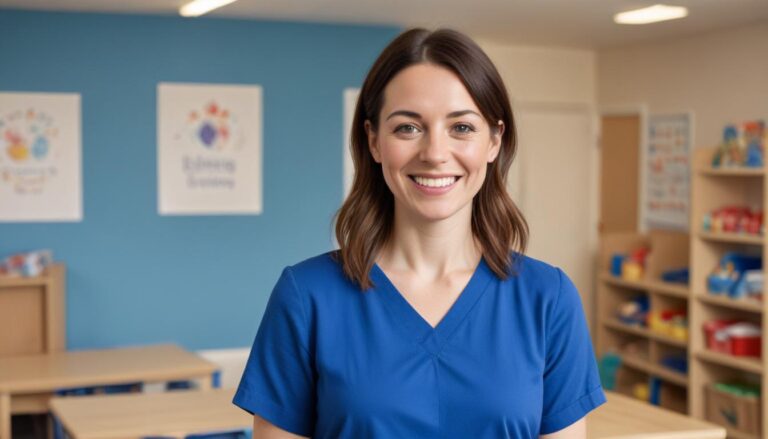
This guide will help you answer 1.1. Explain what is meant by person-centred support for children and young people.
Person-centred support focuses on the individual needs and preferences of children and young people. It places the child or young person at the heart of the decision-making process related to their care and mental health support. This approach values their unique experiences, respects their autonomy, and encourages their active participation in their care.
The aim is to ensure that the support provided is relevant and meaningful to them and that it honours their rights, dignity, and individuality.
Principles of Person-Centred Support
Some guiding principles underpin this approach:
- Individuality: Recognise each child and young person’s unique personality, background, and circumstances. Support should reflect these differences, acknowledging their strengths and needs.
- Choice and Control: Children and young people should partake in decisions about their care. Encouraging them to express their preferences and respecting these choices is vital.
- Respect and Dignity: Treat all individuals with respect and maintain their dignity. It is critical to cultivate an environment where children and young people feel safe and valued.
- Participation and Engagement: Engage children and young people in matters affecting them. Their views should be sought actively and integrated into their care plans.
- Holistic Approach: Consider the complete picture of the child’s life, including social, emotional, educational, and physical aspects.
Implementing Person-Centred Support
Practicing person-centred support involves several steps and strategies to ensure that care is truly focused on the individual. Some tactics include:
- Listening and Communication: Encouraging open dialogue to understand the child’s perspective. Active listening helps to acknowledge their feelings and concerns.
- Building Trust: Establish a trusting relationship through consistency and fairness. Trust is essential for children to share their thoughts and feelings honestly.
- Personalised Plans: Develop care plans that address specific needs and aspirations. Regular reviews keep these plans current and relevant.
- Family and Community Involvement: Involving family members and community resources can provide additional support and insights into the child or young person’s environment.
- Empowerment: Encourage children and young people to take an active role in their journey. Empower them to make informed choices about their lives and support.
Benefits of Person-Centred Support
The advantages of this support model are numerous and touch on several important areas:
- Improved Outcomes: Children and young people receiving person-centred support often experience better mental health outcomes. By addressing individual needs, it’s more likely they’ll engage with and benefit from the support.
- Enhanced Satisfaction: Being involved in their care, children and young people are more satisfied with the services they receive.
- Increased Confidence: Active participation in care processes can boost self-esteem and confidence. Children feel valued and respected, which positively impacts their mental well-being.
- Better Relationships: Trusting relationships develop between the individuals and those supporting them. This trust facilitates more effective support and enhances communication.
Challenges in Implementing Person-Centred Support
While the principles are straightforward, real-world application can be challenging:
- Resource Limitations: Limited time, staff, and financial resources can hinder the implementation of personalised support.
- Training Needs: Staff need proper training to deliver person-centred support effectively. This training must cover communication skills, understanding diversity, and cultural competency.
- Balancing Preferences and Safety: At times, balancing the individual’s preferences with safety requirements can be tricky. Professionals must carefully consider how to respect choices while safeguarding the individual’s welfare.
- Complex Needs: Children and young people with complex needs may require more comprehensive support. Addressing these needs within a person-centred framework requires collaboration with various professionals and services.
Role of Professionals in Supporting Person-Centred Care
Professionals play an essential role in fostering a person-centred care environment:
- Advocacy: Advocate for the child or young person’s needs and rights. Challenge any barriers to their involvement and ensure their voice is heard.
- Collaboration: Work closely with other professionals to deliver coordinated and comprehensive support. This involves sharing information (with consent) and strategising collectively.
- Flexibility: Be adaptable in approach. Recognise that children’s needs and situations may change, requiring adjustments in support.
- Continuous Learning: Engage in lifelong learning and reflection to improve the delivery of person-centred support.
Conclusion: Creating a Supportive Environment
To provide effective person-centred support for children and young people, a concerted effort is needed from everyone involved in their care. By fostering an environment that values each child’s individuality and promotes their active participation, significant strides can be made in supporting their mental health.
The focus should remain steadfastly on adapting practices to meet personal needs, encouraging choice and autonomy, and treating everyone with dignity and respect. This approach helps ensure that all children and young people receive the care and support they deserve.
Subscribe to Newsletter
Get the latest news and updates from Care Learning and be first to know about our free courses when they launch.






